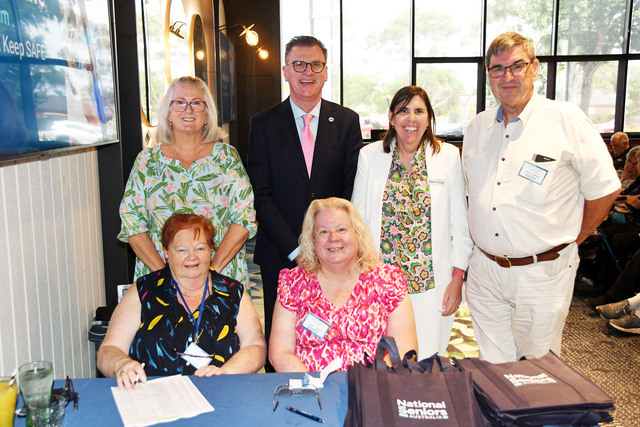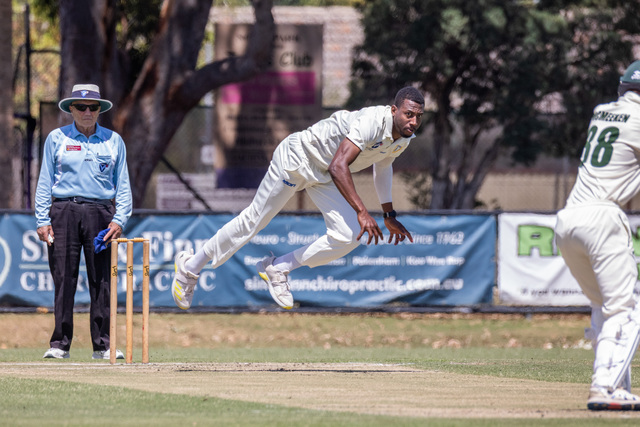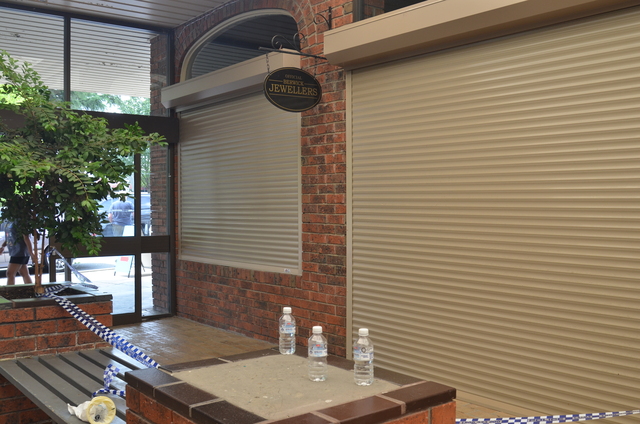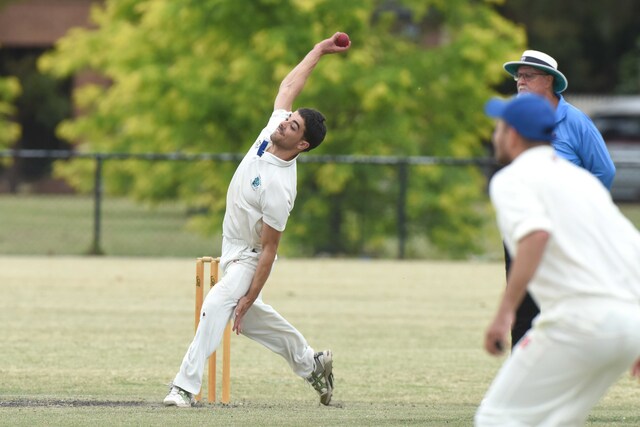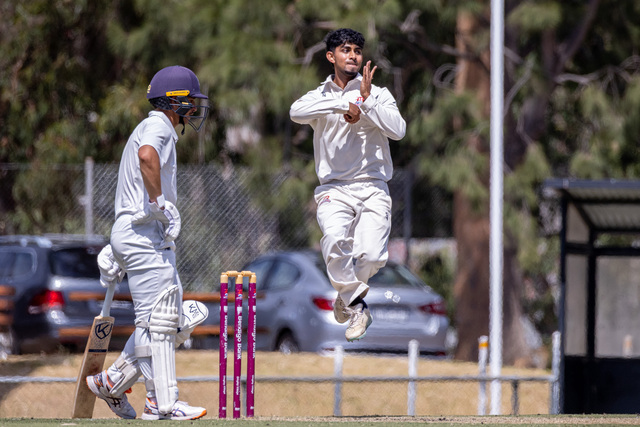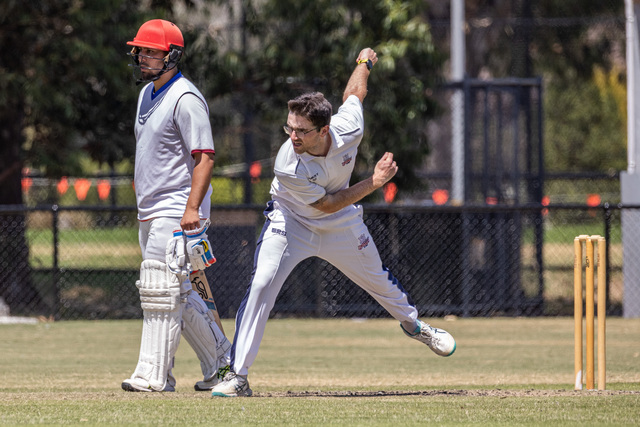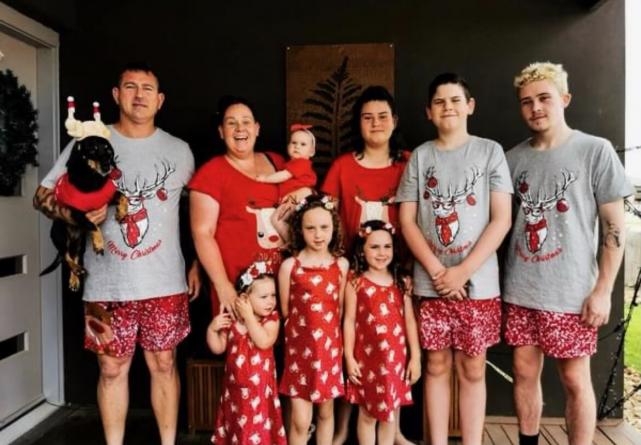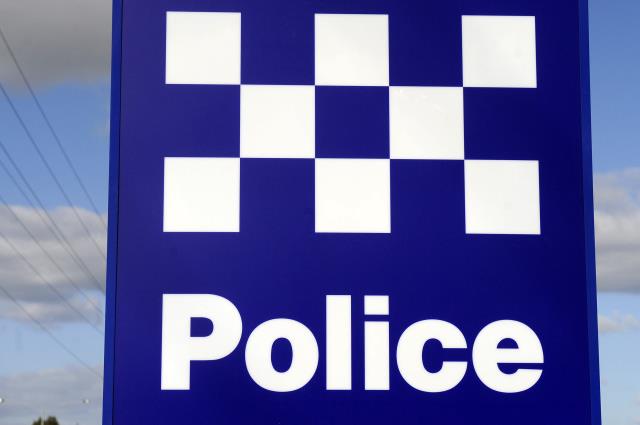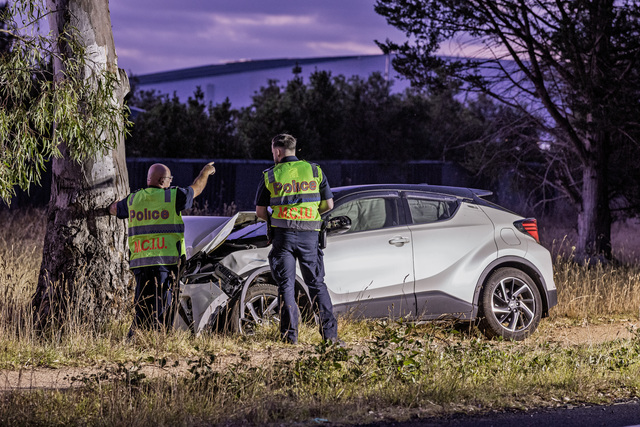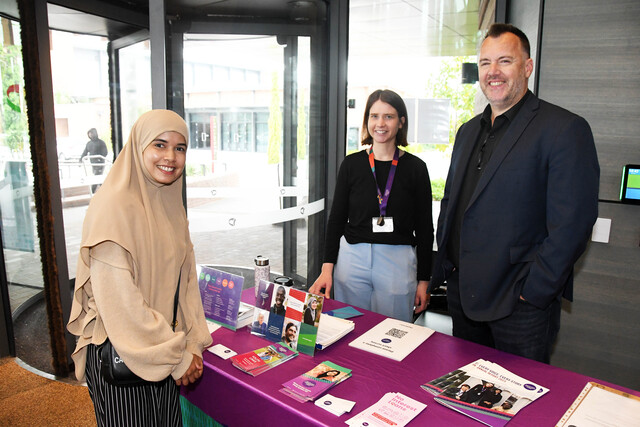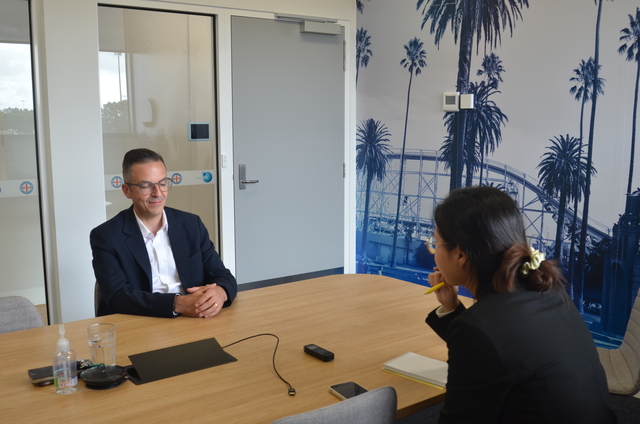By Cam Lucadou-Wells
Few understand the damage wreaked on a victim of crime, says a stoic advocate.
“It’s a grief that never ends,” says Victims Of Crime Assistance League (VOCAL) founder and secretary Jenny Newman – who calls for more compensation, more guidance and simply more care.
She relates strongly to the lonely plight of Berwick residents ‘Anne’ and ‘Beth’ whose lives remain shattered after a brutal assault more than a decade ago, as reported in Star News.
Ms Newman says there are not enough support services to help victims.
Some victims simply don’t all get directed to support in the first place. No longer do police provide a liaison officer, Ms Newman said.
It isn’t mandatory for police to guide victims to the right services, though many do out of their own accord.
The early moments are vital, but too many times, victims have rung Ms Newman’s volunteer group VOCAL weeks down the track after fumbling through Google for help.
“It’s simple things that matter. You need your family and friends … but no one understands what you’re going through like someone who’s walked in your shoes.”
VOCAL organise with the local council to get Meals On Wheels delivered for as long as possible, so a person doesn’t have to worry about shopping and feeding a family. Or ringing the electricity and credit card companies for leniency over lapsed bills.
It allows the family to “shut down”, take time from work, deal with the shock and pain.
The group operates without government funding.
Ms Newman’s goal is to open a VOCAL House where victim families can live and be cared for during the harrowing court trials, or victims can drop in for after-hours support.
“These are important things that the government doesn’t rate as important.
“We try to operate our own lives at the same time. But we keep going because it’s important.”
Ms Newman has walked in the shoes of many victims, isolated and wrecked emotionally and financially.
Ms Newman’s 18-month-old granddaughter was tortured and killed in Queensland in 2001. The girl’s mother and her then-partner were jailed for manslaughter and torture but the fall-out never ends, says Ms Newman.
The Queensland system paid no compensation to the surviving grandson, since he wasn’t a dependant of his killed sister.
Ms Newman looked after the grandson, fought for funding for his autistic needs and set up VOCAL to support other victims of crime. She also lost her job and set up her own real estate firm.
“We lost a house payment because we couldn’t fight the courts … there was no support there.
“Why is the victim punished as well as grieving for the loss of loved ones? All because of something that happened which they had no part in.”
Ms Newman says victim impact statements shouldn’t be used just as a healing process, so victims can just “say how they feel”.
It should be a means of ensuring they get the type of support they need, for as long as they need.
In the worst cases, victims’ lives are utterly destroyed. They lose their job and hence income, their home and their mental well-being.
The state-funded assistance scheme, which caps medical and counselling payments at $60,000, was inadequate, she says.
The scheme and its tribunal is under review by the State Government.
“There’s no compensation that will fix anything, no jail term that will make it easier.
“But why should we be punished with a lack of income, a lack of housing, a lack of mental health support?”
Funds should be clawed back from criminals who benefit financially from tales of their offending.
“Where is the body that grabs those funds and puts them where they should be – in victims hands?
“There’s still way too much emphasis, support and publicity given to perpetrators and not victims of crime.
“We know who the perpetrators are, but we rarely remember those suffering on the other side.”
In that regard, she agrees with calls by the State Opposition that victims should get compensation from offenders’ superannuation.
Political parties may be slow to recognise the issue, but Ms Newman still remembers family and friends too embarrassed to talk about it.
“They are things that people don’t want to think about because ‘there but for the grace of God’, it would be them.”
“It keeps stunting you, whereas if people embrace you, it can give you a better chance of moving forward.”





